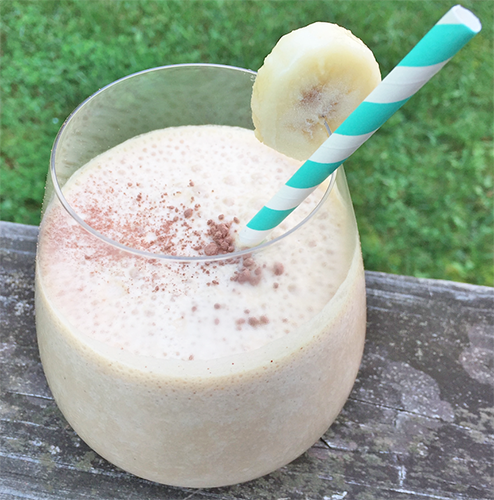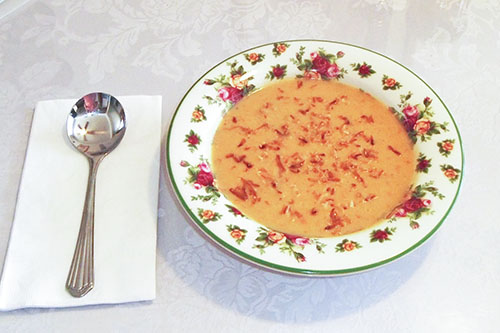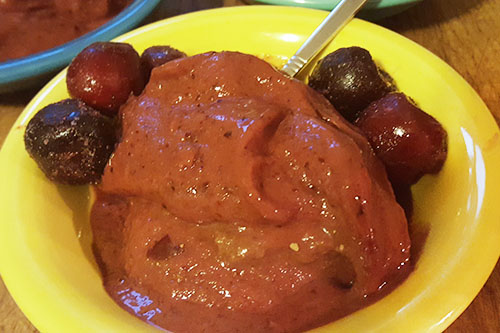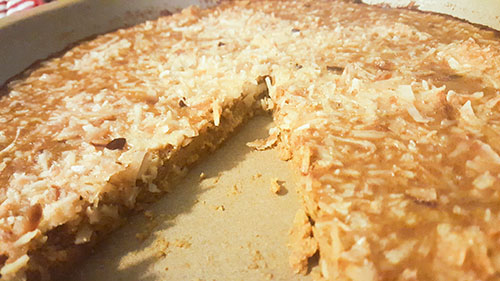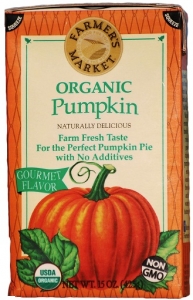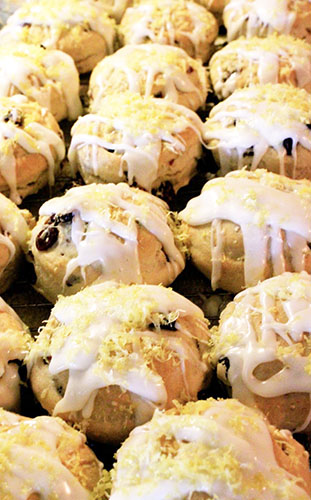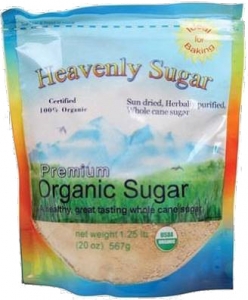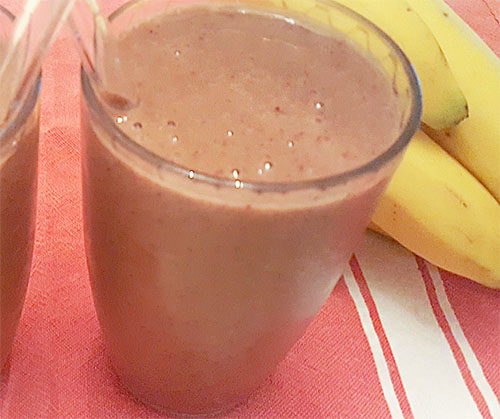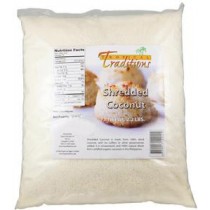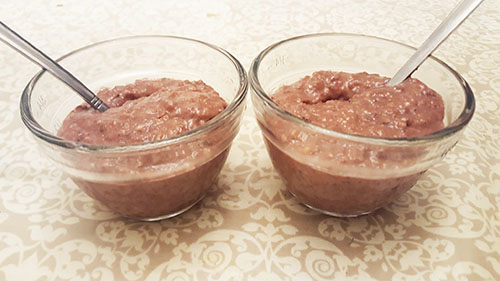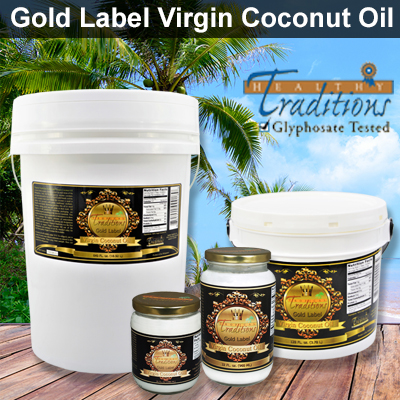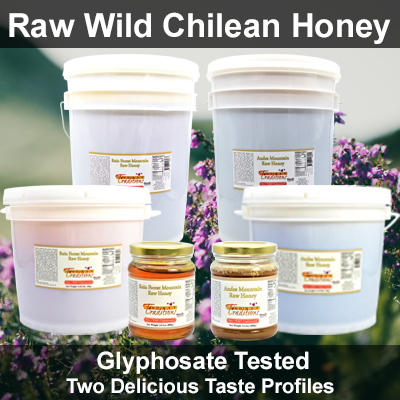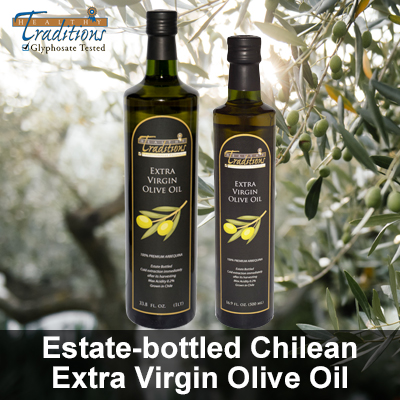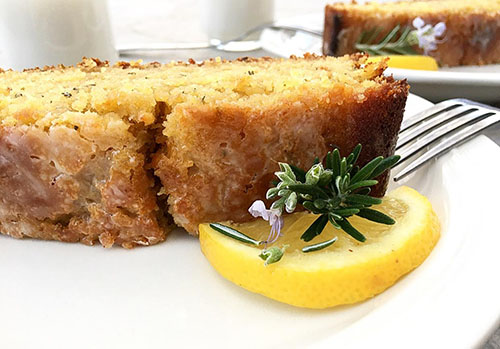 |
| Lemon Rosemary and Yogurt Cake |
| photo by recipe author |
Servings: 1 loaf cake
Preparation Time: Approx. 15-20 minutes+baking and cooling
Cake:
- 3/4 cup cultured butter or grass-fed butter or *coconut oil, room temperature
- 1/2 cup raw honey
- 2 tablespoons freshly squeezed lemon juice
- zest from one lemon
- 2 teaspoons organic vanilla extract
- 1/2 cup cultured plain yogurt
- 3 farm fresh organic eggs from your local farmer or organic eggs from the market
- 1 1/2 cups non-GMO all-purpose flour
- 2 teaspoons aluminum-free baking powder
- 1/2 teaspoon salt
- 1 tablespoon fresh rosemary, finely chopped
Glaze:
- 1 cup organic powdered sugar
- 3-4 tablespoons freshly squeezed lemon juice
- fresh rosemary sprigs
Preheat oven to 350° F.Cream butter and honey together, about 3 minutes. Add fresh lemon juice, lemon zest, and vanilla. Add yogurt then add the eggs one at a time. Add flour, baking powder, salt, and freshly chopped rosemary.
Cream butter and honey together, about 3 minutes. Add fresh lemon juice, lemon zest, and vanilla. Add yogurt then add the eggs one at a time. Add flour, baking powder, salt, and freshly chopped rosemary.
Mix for an additional minute, scraping down the bowl, until mixture is well combined and smooth.
Pour batter into a loaf pan that has been greased with coconut oil.
Bake for 45 to 50 minutes.
Cool in pan for 10 minutes.
Remove cake from the pan and finish cooling on a wire rack.
Make the glaze by whisking powdered sugar and fresh lemon juice. Add more sugar and lemon juice as needed.
Drizzle glaze over cake and add rosemary sprigs. Let glaze stand until completely set.
Serve with fresh homemade coconut milk.
*See: How to Use Coconut Oil in Baked Goods
“Swapping out butter for coconut oil is fairly straightforward for most recipes.
The main issue in the butter and coconut oil swap would be the fact that butter is a “water-in-oil emulsion” and is made up of butterfat, milk proteins and water. Coconut oil at the most will have a .1% total amount of H2O, and thus the way these two fats act in many recipes will vary. In order to mimic a more butter-like quality, try adding 1/2-1 teaspoon of water per 1/2 cup of coconut oil used in any recipe that usually requires butter.
If you think avoiding suspicious non-food ingredients and experimenting with a new, fun ingredient in baked goods sounds like a good idea, give coconut oil a try. Whether you use it in baking as a natural non-stick product or as a shortening and/or flavoring, coconut oil is an easy and very versatile product to use.” (Source.)
Recipe and photo by Orissa. Submit your coconut recipes and photos here for a chance to win $50!
